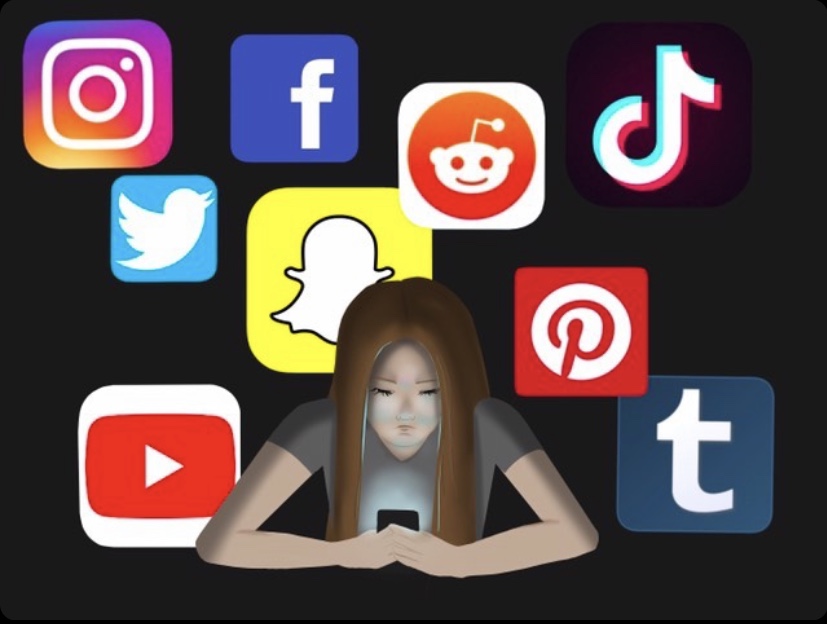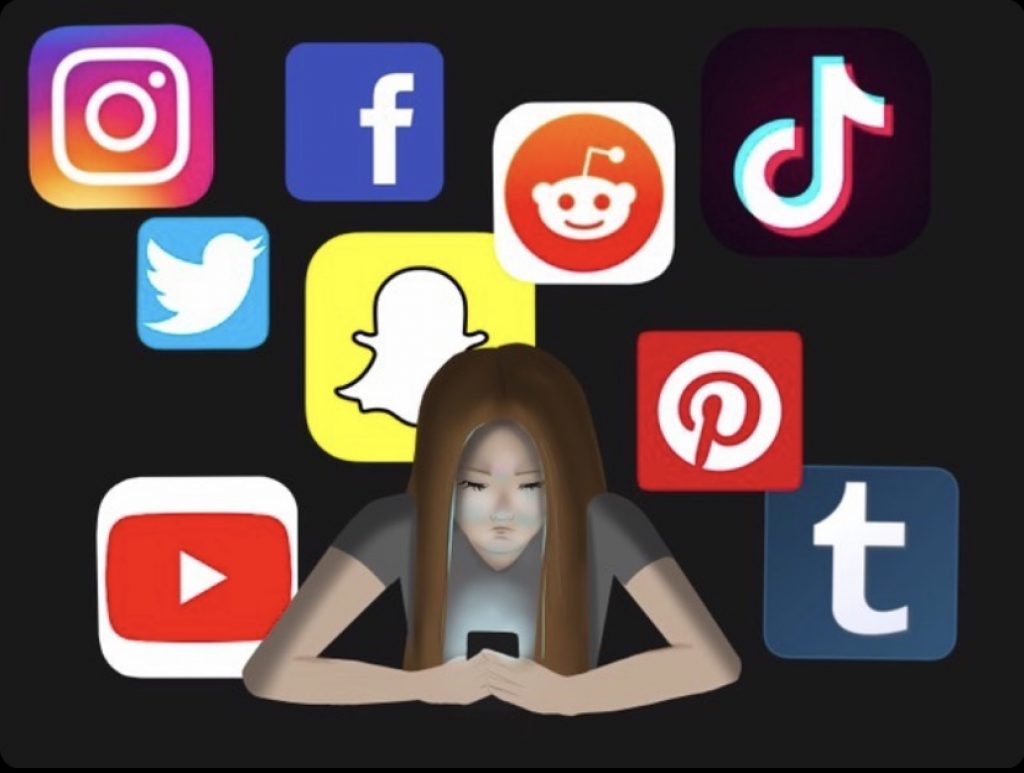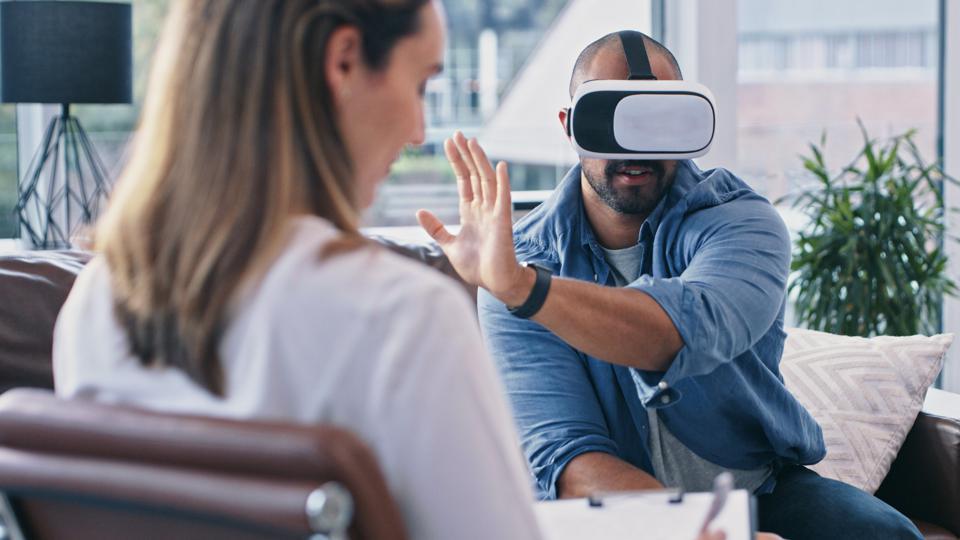Exploring the Relationship Between Social Media and Mental Health

Social media has become an integral part of our daily lives. It allows us to stay connected with friends and family, access news and information, and share our thoughts and experiences with the world. However, as the use of social media has increased, so too have concerns about its impact on mental health. In this article, we will explore the relationship between social media and mental health and discuss the potential consequences of this technology.

One of the main concerns about social media and mental health is that it can lead to feelings of isolation and loneliness. Social media can create the illusion of connection, but it may not provide the same level of social support as face-to-face interactions. Additionally, social media can also create feelings of inadequacy and envy, as users are exposed to the curated and often idealized versions of other people’s lives. This can lead to feelings of low self-esteem and depression.
Another concern is that social media can lead to addiction. Social media can provide a constant source of stimulation and validation, which can be addictive. Users may find themselves spending increasing amounts of time on social media, neglecting other aspects of their lives, such as work, school, and relationships. This can have a negative impact on mental health and well-being.
Moreover, social media can also have a negative impact on sleep. The blue light emitted by screens can interfere with the body’s production of melatonin, which can make it difficult to fall asleep and lead to insomnia. Additionally, the constant access to information and stimulation can make it difficult for users to disconnect from social media and relax before bed. This can lead to poor sleep quality and fatigue, which can have a negative impact on mental health.
On the other hand, social media can also have positive effects on mental health. It can provide a sense of community and belonging, especially for individuals who may feel socially isolated in their offline lives. Additionally, social media can provide access to information and resources that can help individuals to improve their mental health. It can also help individuals to connect with others who have similar experiences and provide support.
To minimize the negative effects of social media on mental health, it’s important to use it in a responsible and balanced way. One way to do this is to set boundaries and limits on the amount of time spent on social media. It’s also important to be aware of the content that we are consuming and to limit exposure to negative and harmful information. Additionally, it’s important to be mindful of the ways in which social media is impacting our emotions and to take a break from social media if it starts to negatively affect our mental well-being.
In conclusion, the relationship between social media and mental health is complex. Social media can have both positive and negative effects on mental health. However, by using social media in a responsible and balanced way, and by being mindful of the content that we are consuming, we can minimize the negative effects of social media on mental health and maximize its potential benefits. Additionally, it’s important to reach out for professional help if social media is having a negative impact on our mental well-being.
It is also important to be aware of the potential impact of social media on different individuals, as some people may be more vulnerable to its negative effects. For example, people with pre-existing mental health conditions such as anxiety or depression may be more susceptible to the negative effects of social media. In addition, social media can also exacerbate symptoms of these conditions and make it more difficult for individuals to recover.
Another important aspect to consider is the role of social media in the spread of misinformation and conspiracy theories. The ease of access to information and the speed of its dissemination through social media can lead to the rapid spread of false and harmful information. This can have serious consequences, including the erosion of public trust in scientific and medical experts, and the spread of misinformation about mental health, which can lead to misdiagnosis and mistreatment.
Furthermore, it’s worth mentioning that the way we use social media can also have an impact on mental health. For example, passive scrolling through social media can have different effects than active engagement, such as creating and sharing content. Additionally, social media use can also be different for different age groups, and the way that teens and young adults use social media may be different from how older adults use it, and this could have different implications for mental health.
In conclusion, social media has become an integral part of our daily lives, and it has the potential to have both positive and negative effects on mental health. It’s important to use it in a responsible and balanced way, and to be aware of the content that we are consuming. Additionally, it’s important to be mindful of the ways in which social media is impacting our emotions and to take a break from social media if it starts to negatively affect our mental well-being. Furthermore, it’s important to consider the potential impact of social media on different individuals and age groups, and to be aware of the role of social media in the spread of misinformation and conspiracy theories. By being mindful of these issues, we can use social media in a way that maximizes its potential benefits and minimizes its negative effects on mental health.




